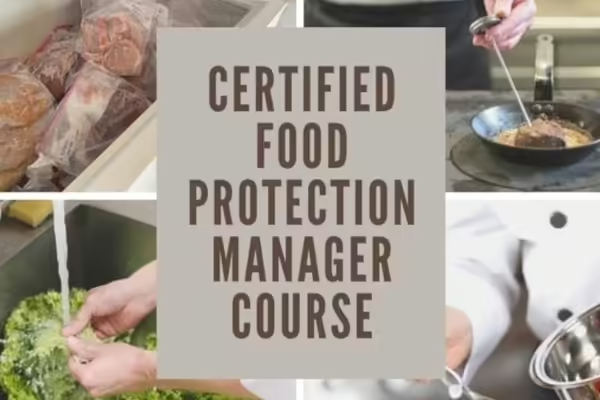
FREEPORT, Ill. — Dining out is a staple of American life, whether for special occasions or convenience. As more people eat meals prepared outside the home, ensuring food safety and quality is more important than ever.
To help protect public health, the Food and Drug Administration (FDA) created the Food Code, which outlines standardized food safety practices for retail food establishments. In Illinois, food businesses are required to have a Certified Food Protection Manager (CFPM) on staff. This certification, accredited by the American National Standards Institute (ANSI), ensures that managers are trained in the safe handling, preparation, and storage of food to prevent foodborne illnesses. Certification is valid for five years.
University of Illinois Extension is offering a CFPM training course on Tuesday, December 2, from 9 AM to 3 PM, and Friday, December 5, from 8:30 AM to 4 PM at the Stephenson County Farm Bureau, located at 210 W. Spring Street, Freeport, IL. Attendance on both days is required to qualify for the certification exam.
The course fee is $125, which includes the workbook, educational materials, and the exam. Pre-registration is required. To register, call (815) 235-4125 or visit go.illinois.edu/jsw.
University of Illinois Extension develops educational programs, extends knowledge, and builds partnerships to support people, communities, and their environments as part of the state's land-grant institution. Extension serves as the leading public outreach effort for University of Illinois Urbana-Champaign and the College of Agricultural, Consumer and Environmental Sciences in all 102 Illinois counties through a network of 27 multi-county units and over 700 staff statewide. Extension’s mission is responsive to eight strategic priorities — community, economy, environment, food and agriculture, health, partnerships, technology and discovery, and workforce excellence — that are served through six program areas — 4-H youth development, agriculture and agribusiness, community and economic development, family and consumer science, integrated health disparities, and natural resources, environment, and energy.